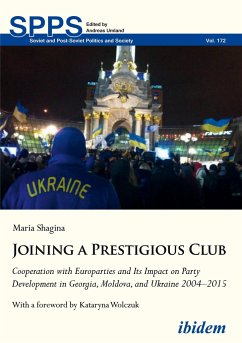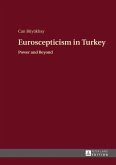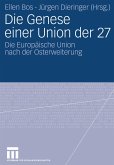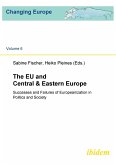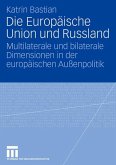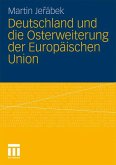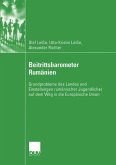Brussels's idea of a "wider Europe" implies that Europeanisation is not limited to EU member states. The EU can, so it claims, also exert impact beyond its borders. One of the channels of external EU influence is cooperation between Europarties and parties outside the Union. Through mutual visits and joint activities, non-EU parties become internationally socialised, i.e., are exposed to the Europarties' norms as well as values, and experience the rules as well as practices that shape European party-building. What are the incentives for Europarties and non-EU parties to cooperate with each other? What kind of, and how much, impact did cooperation have on party development in post-Soviet Georgia, Moldova, and Ukraine? Based on eighty interviews with party officials, international donors and academics, Maria Shagina outlines the set of motivations that trigger cooperation between Europarties and non-EU parties, analyses the impact of cooperation on party ideology, organisational structure, and inter-party behaviour in Georgia, Moldova, and Ukraine, and explores the implications of this cooperation on the standardisation, consolidation, and democratisation of the non-EU party systems. Her findings shed light on how prestige and domestic factors impede the penetration of EU norms and values in the non-EU party structures, and point to the failures of Europarties to adequately address problems of party-development in Eastern Europe. The book reveals the ways in which cooperation with Europarties has paradoxically contributed to the ossification of the status quo and impaired the development as well as the consolidation of democracy in the three Eastern Partnership states.
"Europarties are the virtually unseen 'agents of Europeanisation', theoretically spreading the EU's norms and values and helping consolidate party and party system identity. In practice, even within the EU's core states, they have struggled to play this role consistently, and their actual impact has been controversial. Their role in the EU's Eastern neighbourhood is still less visible, but arguably no less important or controversial, in terms of whether they help the Europeanisation and integration of the EU neighbourhood's party actors. Joining a Prestigious Club is a thoroughly researched and forensic study of the Europarties' role in Georgia, Moldova, and Ukraine, and shows how the Europarties remain important mechanisms of socialisation despite their lack of obvious leverage. This is an enthralling and complex study that is a must for scholars of EU integration and Eastern European Politics."-Dr. Luke March, Senior Lecturer at University of Edinburgh, Deputy Director of the Dashkova Centre

